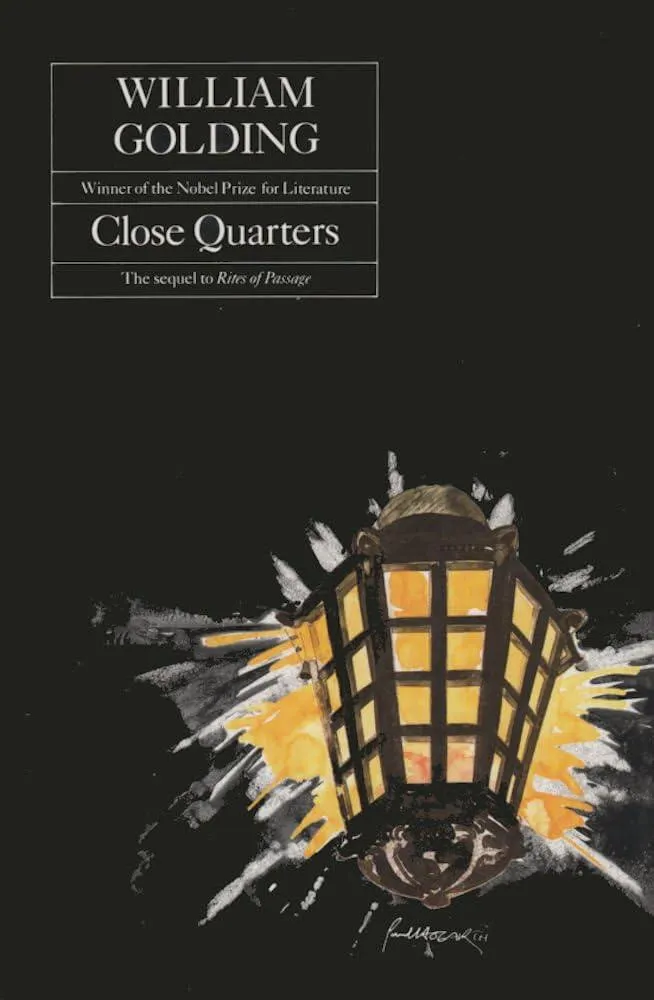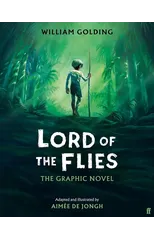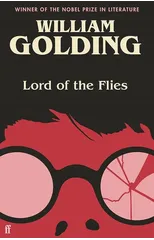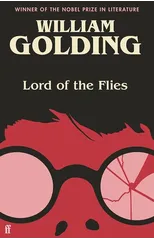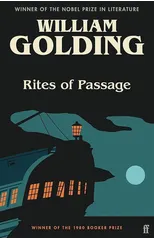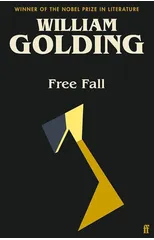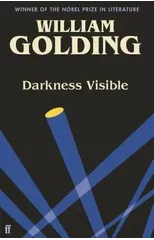Close Quarters
Introduced by Helen Castor
(Author) William GoldingLose yourself in an epic naval journey in the second novel in the Booker Prize-winning Sea Trilogy by the author of Lord of the Flies. This tropical nowhere was the whole world - the whole imaginable world. A decrepit warship is becalmed halfway to Australia, stilled in an ocean wilderness of heat and sea mists. In this surreal, fête-like atmosphere, a ball is held with a passing ship: the passengers dance and flirt, while beneath them seaweed like green hair spreads omniously over the hull. Half-mad with fear, drink, love and opium, both vessel and passengers feel themselves going to pieces: and the very planks seem to twist themselves alive as the ship comes apart at the seams . . . 'No living writer has represented the fragility of man's experience so marvellously as Golding.' AS Byatt 'It is in Golding's magnificent, therapeutic, terrifying descriptions of seascapes that the deepest meanings can be found.' Kate Mosse 'Stunning . . . As exciting as any thriller.' Sunday Times 'A feat of imaginative reconstruction, as vivid as a dream.' Daily Mail 'Tells an utterly absorbing tale, in language of immense force and subtlety.' Financial Times To The Ends of the Earth: A Sea Trilogy - Book Two
William Golding
William Golding was a British novelist best known for his novel "Lord of the Flies," which explores the dark side of human nature through the story of a group of boys stranded on a deserted island. Golding's writing style is characterized by its exploration of themes such as morality, civilization, and the inherent evil in humanity. His works often feature complex characters and intricate plots that challenge readers to confront difficult truths about the human condition. Golding's contributions to literature have had a lasting impact on the literary genre of dystopian fiction, influencing writers such as George Orwell and Aldous Huxley. His works continue to be studied and celebrated for their insight into the complexities of human nature and society.
